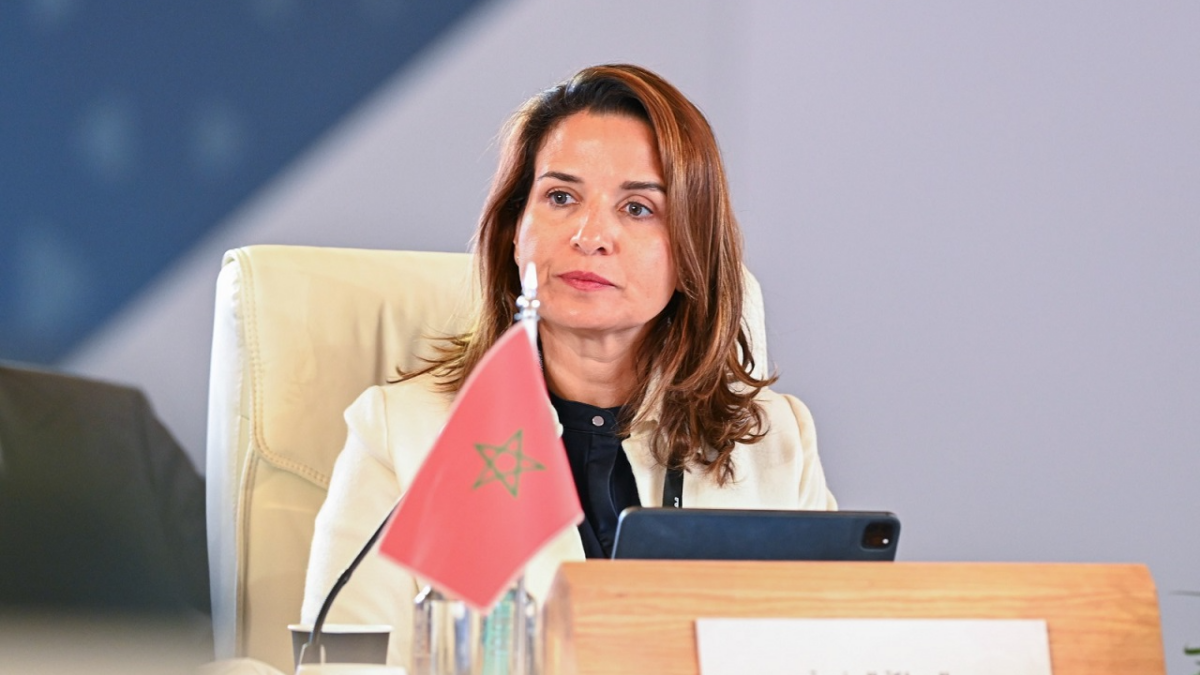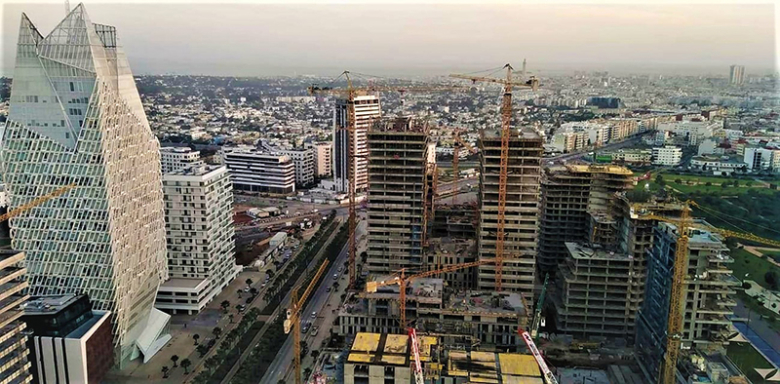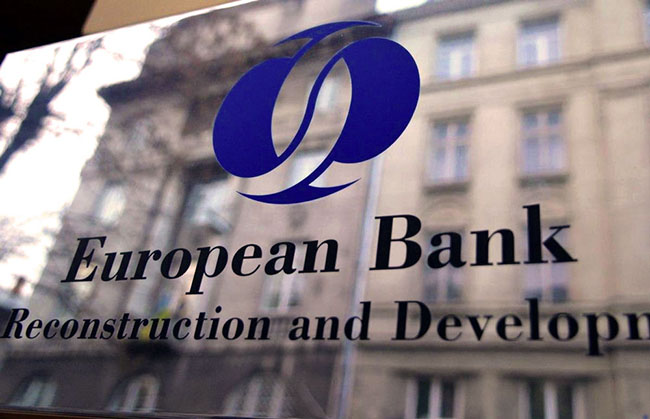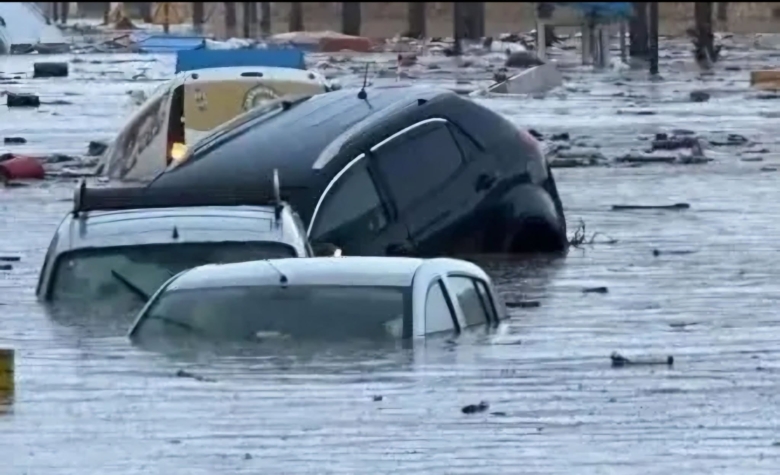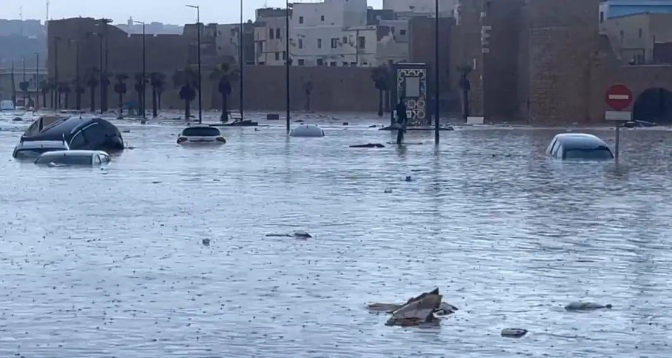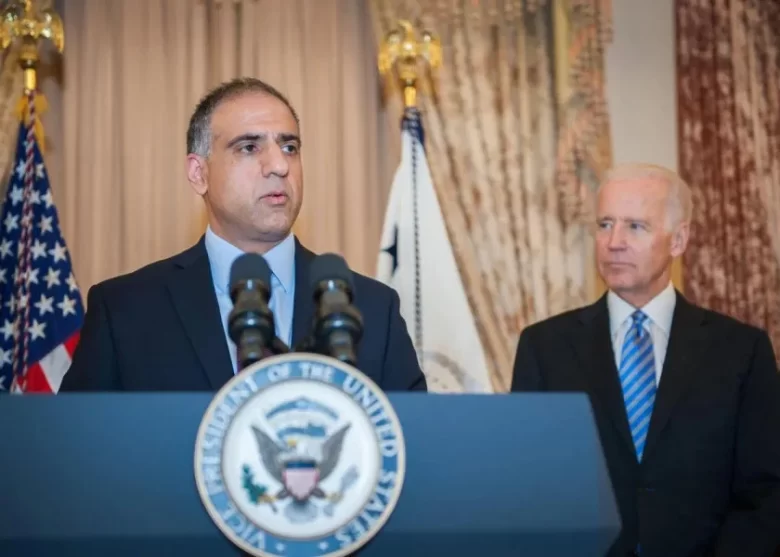Minister of Energy Transition and Sustainable Development, Leila Benali, presented, on Wednesday at the headquarters of the Diplomatic Foundation in Rabat, the main thrusts of Morocco’s sustainable development strategies and initiatives.
Speaking at the 147th diplomatic hub, in the context of the celebrations of the 26th anniversary of the accession of King Mohammed VI to the Throne of Morocco, the minister stated that the National Sustainable Development Strategy (NSDS), launched by the Sovereign in 2017, was implemented through several initiatives, plans and strategies, granting utmost importance to human and socio-economic development at the territorial level.
The ministry was tasked with devising a new version of the NSDS, following the 2021 version, in order to align it with the guidelines of the New Development Model, the government program and the UN 2030 Agenda for Sustainable Development, she pointed out, adding that this new version is “very inclusive” and rests on consultations involving the Kingdom’s 12 regions, the Moroccan diaspora and Moroccan residents.
“When conceiving this new version, we also made sure to implement SMART indicators and adopt an Agile approach that takes into account the national and international context,” she maintained, adding that the NSDS 2035 includes six areas of transformation, with a particular focus on energy and water and food security.
Benali also reviewed the changes introduced due to the consultations, among which she cited legislation, regulations, human capital and digital innovation, as well as research and development, stressing that all stakeholders recommended implementing fiscal, economic and financial tools to further encourage sustainable development in the Kingdom.
For his part, President of the Diplomatic Foundation, Abdelati Habek, said that the enlightened vision of His Majesty King Mohammed VI made sustainable development and energy transition a strategic choice to bolster the Kingdom’s energy sovereignty.
He recalled that in 2009, Morocco adopted the national energy strategy, based on developing renewable energies, energy efficiency and promoting regional integration, adding that this strategy, implemented through programs with well-defined objectives, provided the Kingdom with access to a very restricted circle of renewable energy producing countries.
Committed to conceiving a promising South-South cooperation model, Morocco, according to Habek, has strengthened this path by launching several initiatives aimed at accessing renewable energy and promoting energy efficiency, citing in this regard the creation of three African commissions on climate and the Initiative for the Adaptation of African Agriculture (AAA).
He also underlined that the African Atlantic Gas Pipeline project represents an energy integration model in Africa, set to contribute to the continent’s development, by integrating the region’s economies and supporting regional and international energy transition projects, while paving the way for the transfer of green hydrogen between Africa and Europe.
Attended by ambassadors accredited in Rabat and representatives from international organizations, the event provided an opportunity to highlight Morocco’s efforts and prospects in terms of sustainable development and energy transition, as well as the importance of multilateralism and international cooperation in the field.

